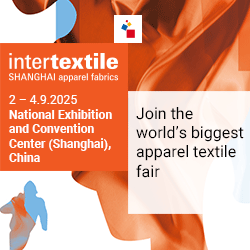Small and Medium Industry (IKM) entrepreneurs are currently facing difficulties in developing their business. The reason is, it is suspected that there was a cartel practice of imported textile raw materials.
Therefore, Secretary General of the Indonesian Small and Medium Industry Entrepreneurs Association (APIKMI), Widia Erlangga urged the government to immediately evaluate the safeguard policies for imported textile raw materials.
"As stated by the Director General of IKMA at the Ministry of Industry, Gati Wiraningsih, there are parties who take advantage of this situation. This has resulted in a cartel practice of raw materials, "said Widia.
He said that currently the majority of IKM players in the garment and convection sector are facing difficult conditions due to the emergence of cartel practices of raw materials that take advantage of safeguard policies.
This is because the facts on the ground show that after the safeguard policy was implemented, for 1.5 years the price of local textile raw materials could increase by up to 30 percent.
"Due to the lack of supply for the domestic market, imported textile raw materials are very difficult to obtain. So, it becomes an opportunity for these parties to increase the price of textile raw materials currently available in the local market, "he said.
To make matters worse, he said, the ease with which imported garment goods from China and Thailand entered Indonesia. It is known, imported finished goods are sold cheaply in the country.
Meanwhile, he continued, local IKM production costs are quite large. Of course, it will not be able to compete with imported goods from the two countries.
"This is because the increase in raw material prices has a direct impact on the high production costs they have to bear," he said.
So, he urged the government to immediately review and make a policy that at least can relieve IKM players in the garment or convection sector. One of them is implementing a safeguard policy for imported finished goods.
"So that the prices of goods produced by IKM players in the garment or convection sector can compete with imported finished goods (garments), which are currently increasing significantly," he concluded.





